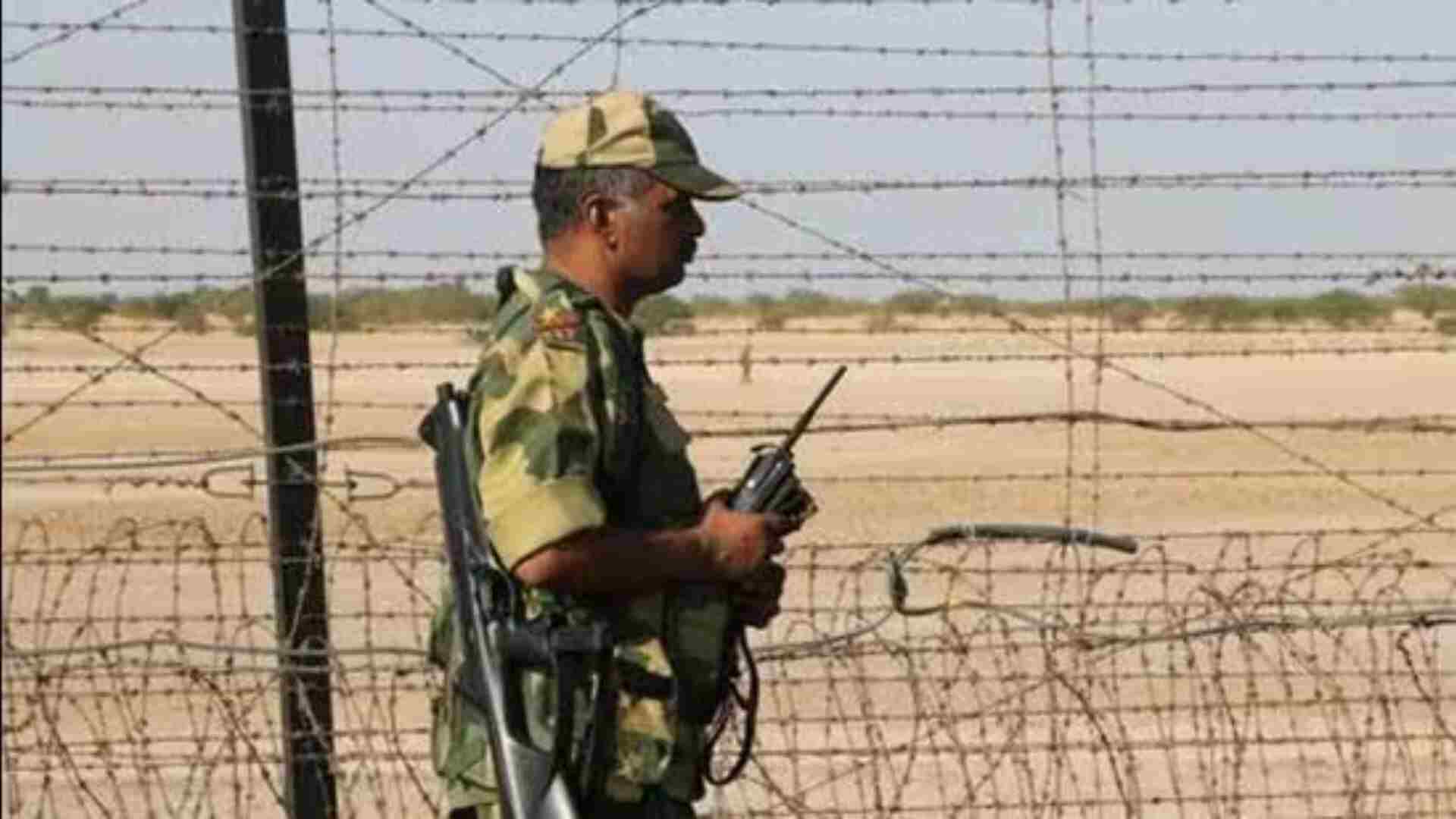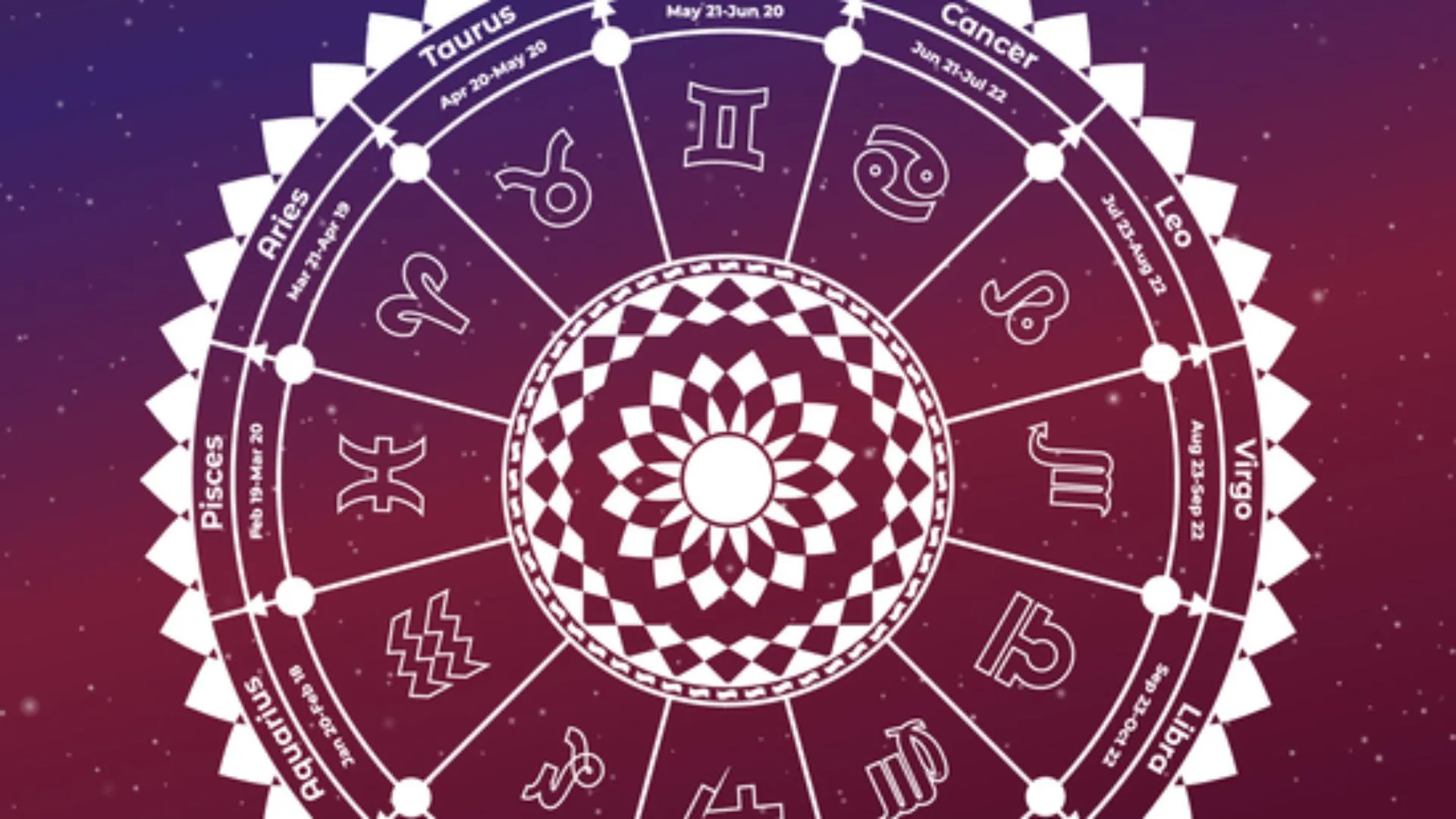In a historic moment for the Jammu region of J&K, the Valmiki community, West Pakistani refugees, and Gorkhas participated in the Jammu and Kashmir assembly elections for the first time in history. Previously denied voting rights, these communities, representing over 1.5 lakh people, are now able to elect MLAs across Jammu, Samba, and Kathua districts.
Historically, West Pakistani refugees, primarily Hindus and Sikhs who migrated from Pakistan in 1947, could only vote in Lok Sabha elections. The abrogation of Article 370 in 2019 has changed their status, enabling their active participation in the democratic process. The Valmiki community was initially brought to Jammu and Kashmir in 1957 for sanitation work, while over 22,000 families of West Pakistani refugees settled in the region after 1947. With the abrogation of Article 370 and 35A, these communities have obtained citizenship rights, allowing them to vote, work, pursue education, and own land. The Jammu and Kashmir administration has also announced that West Pakistani refugees allocated state land after 1947 will receive proprietary rights.
NewsX held an exclusive conversation featuring representatives from the three communities—the Valmiki community, West Pakistani refugees, and Gorkhas—moderated by Megha Sharma. The discussion included insights from R.K. Chhibber, Former CEO of J&K Bank, representing West Pakistani refugees; Karuna Chhetri, representing the All J&K Gorkha Sabha; Gharu Bhati, President of Valmiki Samaj; and Labba Ram Gandhi, President of the West Pakistani Refugees Association.
Worst affected communities in J&K
R.K. Chhibber, Former CEO of J&K Bank and a representative of West Pakistani refugees, highlighted the struggles faced by these communities, stating, “West Pakistan Refugees, Valmikis and Gorkha Samj were the worst affected communities in J&K. The introduction of Article 35A in the Constitution of India was discriminatory, which differentiated among people on the basis of caste, color, and gender.”
He added, “Until August 5, 2019, they were not allowed any type of facility, whether buying land, obtaining a domicile certificate, or getting a government job in J&K. This is the first time we are being allowed to vote in Assembly elections. The entire community is celebrating,” Chhibber said.
Karuna Chhetri, a representative of the All J&K Gorkha Sabha, expressed joy at gaining voting rights after 70 years, saying, “We are celebrating this as a festival. All of us voted today, and we are happy that we got voting rights after 70 years.”
She praised the BJP under PM Modi for advocating for their development, emphasizing, “They took every caste and religion along. After the abrogation of Articles 370 and 35A, we have obtained our rights including citizenship, and domicile rights. It is now possible for us to get jobs in the state government. We have also been given 8% reservation in OBC, which can help our children succeed.”
A significant moment
Gharu Bhati, President of Valmiki Samaj, reflected on the significance of this moment, stating, “I am 45, but I wasn’t able to vote until today in the Assembly. I saw one old man who was 84 years old and voted for the first time. For 70 years, while everyone else enjoyed their democratic rights, we only looked at our dispossession. This moment is no less than Holi and Diwali for us.”
He added, “After the abrogation of Articles 370 and 35A, our lives changed. We are no longer tagged as safai karamcharis only. We can now apply for any government job. Our sons and daughters are qualifying for prestigious exams.”
Labba Ram Gandhi, President of the West Pakistani Refugees Association, celebrated the newfound opportunities for education and employment. He remarked, “After the abrogation of Articles 370 and 35A, we have obtained citizenship of the state. Our people are so happy that they went singing and dancing when they went to vote. Our children would say, ‘Why should we study when we will not get jobs?’ That has changed now. We have tasted the flavor of democracy for the first time.”
With these significant electoral changes, the communities of Jammu look forward to improved amenities, education, and job opportunities, marking a transformative chapter in their lives.
“The entire community is celebrating. Diwali is on November 1, but we are celebrating it today in full swing because we are first-time voters,” Chibber added.
Watch full conversation here:
Read More: Kashmir’s Dynastic Politics: Political Families Fighting For Supremacy





















